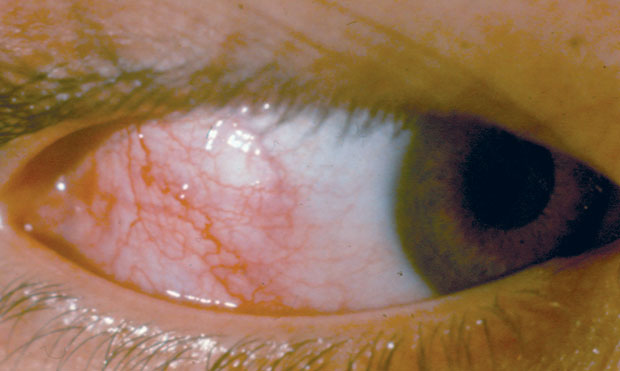Reducing STIs, improving PAD treatment, and more stories
This month's issue covers sexually transmitted infections (STIs), peripheral artery disease (PAD), and other stories.
Recent headlines have delivered some shocking statistics on sexually transmitted infections (STIs), with CDC data indicating a 51% increase in gonorrhea from 2000 to 2022 and an 80% increase in syphilis from 2018 to 2022. According to experts, a comprehensive approach to sexual health care can go a long way toward reducing rates of all STIs and getting patients the care they need when they need it. For tips and for an update on recent advances in preventive therapies and at-home testing, read our story.
A story takes a closer look at a recent guideline for peripheral artery disease (PAD) from the American College of Cardiology and American Heart Association, the first update since 2016. The new guideline highlights the effects of racial and ethnic disparities on PAD and includes details on recognizing the disease and managing risk, including when and how to escalate care in patients who develop chronic limb-threatening ischemia or acute limb ischemia.
The ACP National Abstract Competitions open this month, and our I.M. Ready feature provides all the details for early career physicians who are considering competing. Three winners from previous years offer tips on crafting the perfect presentation and share their favorite things about the competitions, including Q&A sessions at Internal Medicine Meeting and opportunities to broaden your career horizons.
There's no doubt that artificial intelligence (AI), specifically generative AI, is having and will continue to have a sizable impact on the practice of medicine. How, where, and to what extent it should be used, however, continue to be debated. In June, ACP published a position paper offering some initial guideposts and principles for use of AI, including perhaps the most paramount, "that AI-enabled technologies should complement and not supplant the logic and decision making of physicians and other clinicians." Two coauthors of the paper talk to I.M. Matters from ACP about the risks and promises of AI in health care and what they think may be coming next in this field.
Speaking of what's coming next, public health experts have been on the alert for outbreaks with the potential to cause another global pandemic. One contender, H5N1 influenza, has been identified in dairy cows, unpasteurized milk, and humans in the U.S. this year. In early September, the latest virtual forum from ACP and Annals of Internal Medicine covered current strategies for testing, preventing, and managing H5N1 infection through three case-based scenarios.
Last but not least, Pearls from I.M. Peers offers an expert's tips on caring for cancer survivors, while the President's Message and Washington Perspective cover the health care work force and substance use disorders, respectively.
Have you competed in the abstract competitions at Internal Medicine Meeting? Let us know about your experience at immatters@acponline.org.
Sincerely,
Jennifer Kearney-Strouse
Executive Editor




